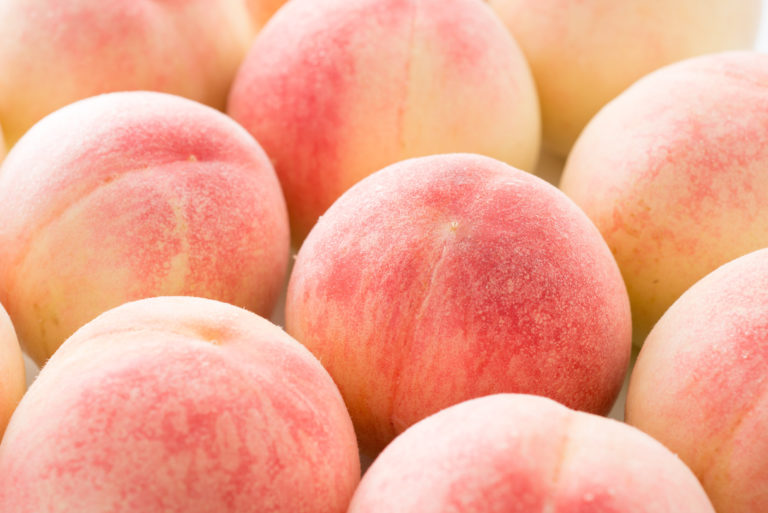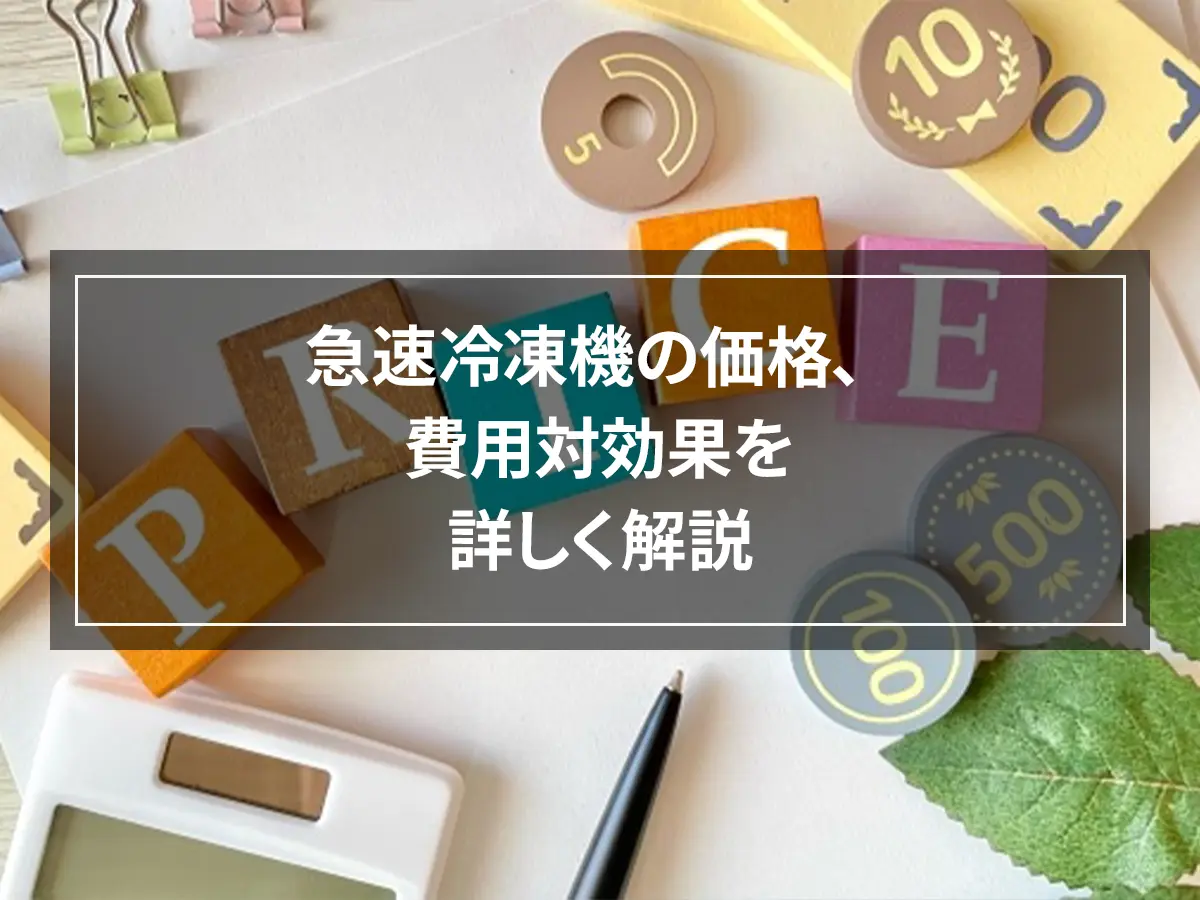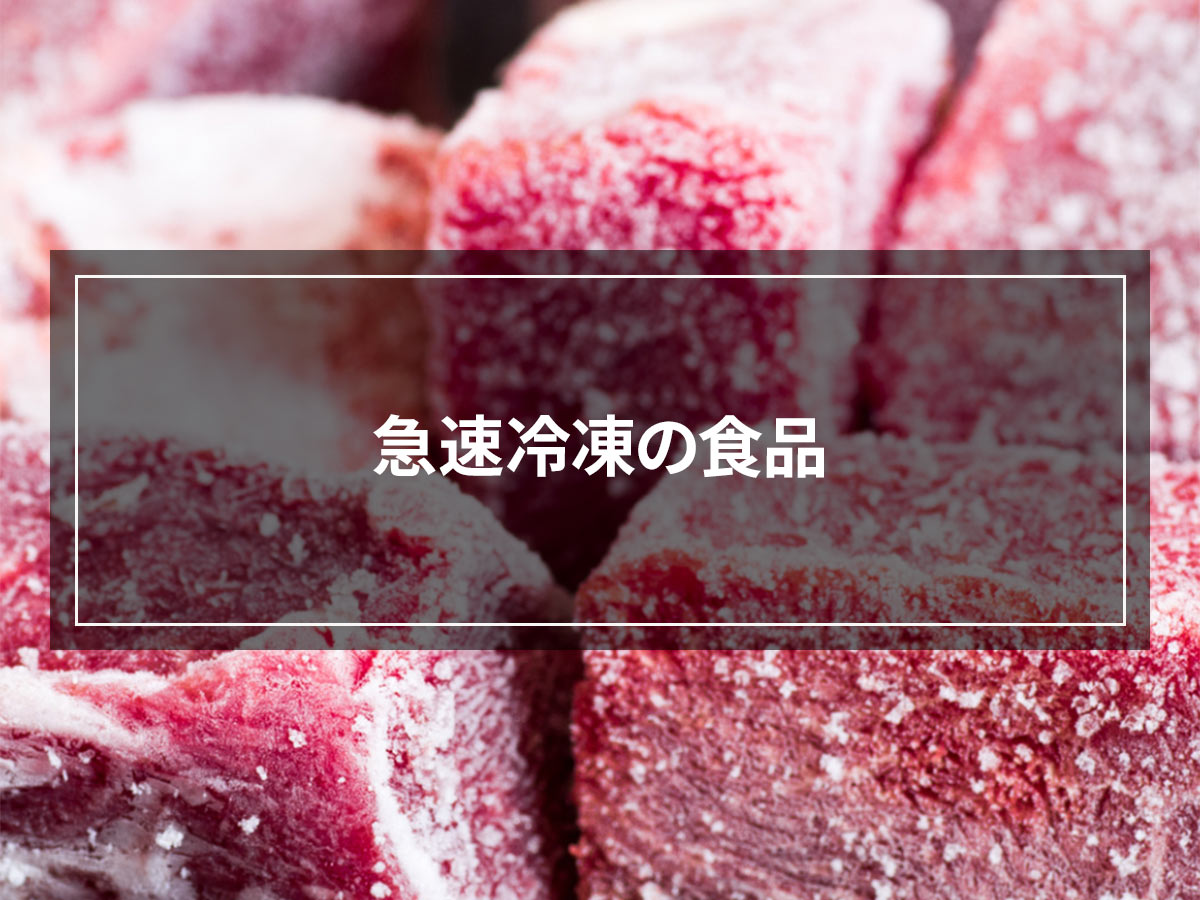[Does alcohol freeze? ] Surprisingly unknown freezing temperature of alcohol and usage examples
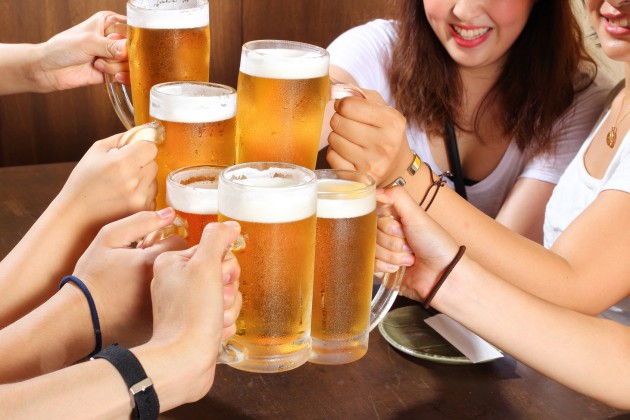
Have you ever frozen alcoholic beverages?
Alcohol will not freeze even at 0℃. The freezing temperature varies depending on the alcohol content, and the higher the alcohol content, the lower the freezing temperature.
Alcohol is used in a variety of places due to its ability to not freeze even at minus temperatures.
Among these, quick freezers that use alcohol solutions are attracting attention in the food freezing field because they can freeze food at surprisingly fast speeds.
目次
What is the freezing temperature of ethanol, the main ingredient in alcohol?
Alcohol is a general term for organic substances with OH groups, and the substance commonly known as alcohol is ethanol.
The main component of alcoholic beverages consumed as alcoholic beverages is ethanol, and the strength of the alcoholic beverage changes depending on the percentage of ethanol, or in other words, the alcohol content.
The freezing temperature of water is 0℃, but the freezing temperature of ethanol is -114.5℃. Ethanol itself will not freeze unless the temperature falls below -100℃, but the freezing temperature of alcoholic beverages changes depending on the alcohol content.
Freezing occurs when water molecules bond and stick together, changing from a liquid to a solid. The point at which a liquid changes from liquid to solid is called the freezing point, and when ethanol is mixed in, the freezing point lowers.
The freezing point decreases because the alcohol molecules in ethanol tend to bond with water molecules. Mixing with ethanol inhibits the bonding of water molecules, making it difficult to freeze.
As a result, alcohol will not freeze even at 0℃, and the higher the alcohol content, the harder it will be to freeze.
The alcohol content of beer is 4-6%, wine 10-14%, sake 12-18%, shochu 25-45%, whiskey 35-55%, and vodka 40% or more.
The relationship between alcohol content and freezing temperature is -8°C at 20 degrees, and the higher the alcohol content, the lower the freezing temperature.
The temperature of a typical household freezer is around -18℃, so alcohol with an alcohol content of 15℃ will freeze, but anything higher than that will not freeze.
The alcohol content of sake is around 15 degrees, so you can only freeze sake in a home freezer. This means that shochu and higher alcoholic beverages will not freeze.
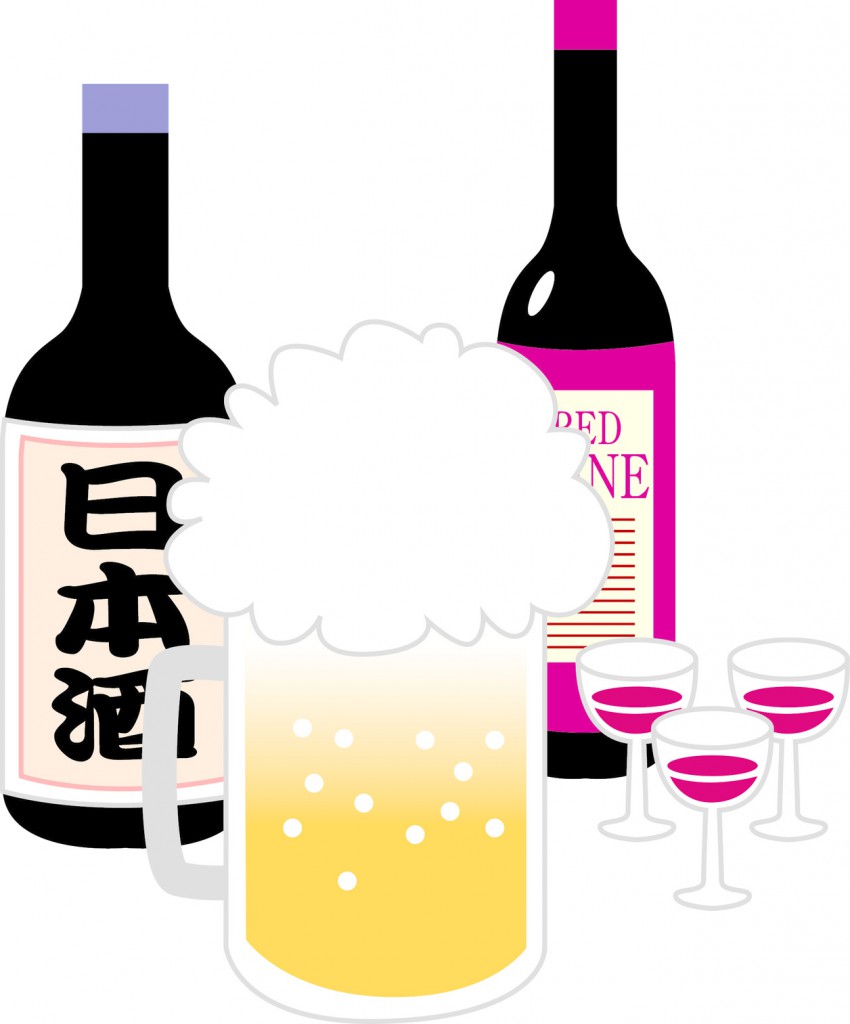
Alcohol consumed in cold regions such as Russia is famous for its high alcohol content, such as vodka. This is partly to keep you warm, but it also has the advantage of not freezing even if you leave it outside.
There is a delicious way to drink alcohol that takes advantage of its ability to not freeze even when frozen. This is a partial shot that is made by chilling distilled liquor in the freezer.
Partial means storing frozen at a temperature of -3℃ to -8℃. Strong alcoholic beverages such as shochu, which are close to 40 degrees Celsius, do not freeze even if they are chilled in the freezer, so the alcohol becomes thick and creamy, giving it a smooth and satisfying drink.
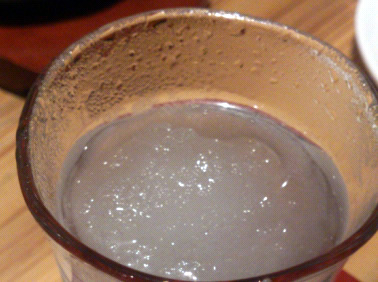
Freezing your food not only enhances its taste but also extends its shelf life.
When the alcohol content is around 20%, it becomes like a sherbet and you can enjoy a different taste from the alcohol you normally drink. The sake will be half frozen, so you can drink it as mizore.
Shunkashutou Food Market
Examples of using alcohol that does not freeze even at low temperatures
Alcohol is used in a variety of fields because it does not freeze even at low temperatures.
For example, it is used as an antifreeze agent. Alcohol is used as an ingredient in snow melting agents in cold regions. It also helps prevent freezing and corrosion of solar systems and sprinklers.
It is also widely used as a refrigerant in cooling facilities such as food factories, chemical factories, refrigeration equipment, and storage tanks.
It is also used as a cryogen because it can create low temperatures using ethanol and dry ice.
The temperature of dry ice is -79 degrees Celsius, and the freezing temperature of ethanol is -114.5 degrees Celsius, so even if you put dry ice in ethanol, it will not freeze. Various things can be cooled using non-freezing ethanol.
ethanol and dry ice
It is also used to measure low temperature zones. Most thermometers use mercury, but there are also thermometers that use alcohol.
The usable range for mercury is -50℃ to 650℃, but organic liquids can be measured down to temperatures as low as -200℃ to 200℃.
Additionally, if mercury cannot be used in foods, etc., a thermometer that uses ethyl alcohol may be used.
Ethyl alcohol can be used to measure temperatures down to nearly -100°C, and industrial pentane can be used to measure temperatures in the range of -200°C to 30°C.
What is the revolutionary quick freezing machine that uses alcohol?
Rapid freezing machines that use alcohol are attracting attention in the food freezing field.
It is widely known that freezing food deteriorates its taste and texture and reduces the quality of the food. A quick freezer is a freezing machine developed to prevent damage caused by freezing and protect the quality of food.
Freezing damage occurs when the water in food freezes, forming ice crystals that destroy the cells within the food.
Rapid freezing can suppress the growth of ice crystals and prevent cell destruction by quickly passing the temperature between -5°C and -1°C, where water freezes.
There are various types of quick freezers, but those that use antifreeze, such as alcohol solutions, which do not freeze even at freezing temperatures, are called liquid freezers.
Dip sealed foods into cooled antifreeze and freeze.
ekitai
Freezers that use antifreeze such as sodium chloride solution are used to freeze fish caught on fishing boats.
However, since sodium chloride solution is corrosive to metals, many processing plants and businesses that seal and freeze food often use freezing machines that use an alcohol solution, which is colorless and transparent and is approved as a food freezing agent. It has been.
Liquid has a property that its thermal conductivity is 20 times higher than that of air, and by immersing it in liquid that has been cooled to around -30℃, it can be frozen at an amazingly fast speed.
For example, 1cm thick beef can be frozen in 3 minutes, and 2cm thick can be frozen in 8 to 10 minutes. Therefore, it is ideal for thick foods such as beef thighs and bonito, and foods that lose their freshness quickly such as oysters and scallops.
When frozen in a liquid freezer, the ice crystals are about 5 microns, which is finer than the 20 to 30 microns of food cells.
Therefore, it is possible to maintain the same quality as before freezing without destroying the cells. Frozen tuna can maintain the same taste and freshness as raw tuna.
In addition, foods that are thought to be impossible to freeze, such as konnyaku and tofu, can be frozen.
Since it is possible to freeze food without destroying its cells, it prevents drips from flowing out and can be frozen without sacrificing taste, freshness, or quality.
Conclusion
Liquor containing alcohol will not freeze even if the temperature drops below zero, and the freezing temperature varies depending on the temperature.
In addition to being used as a beverage, alcohol is used in everyday things such as antifreeze agents, and as a refrigerant in factories.
In the field of food refrigeration, the introduction of liquid freezers that use alcohol solutions is progressing, so the use of alcohol will continue to expand.
⇒⇒ Download detailed information on liquid freezing machine
⇒⇒ Inquire about alcohol freezing temperature and liquid freezing
↓We are selling high-quality ingredients and foods made using rapid freezing (only in Japan)
Shunkashutou Food Market
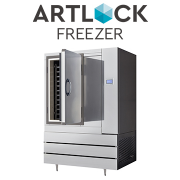

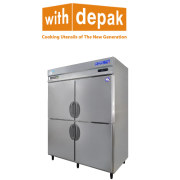

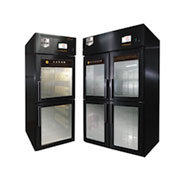
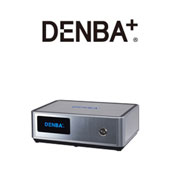


![[Storage period increased by 30 times! ] Achieving a stable supply of raw whitebait!](https://shunkashutou.com/wp-content/uploads/2016/11/579c55e6d32e1385c250e8e7c3ed59a71.jpg)
![[Sales increased 100 times! ] rapid freezing the signature menu “Ni-katsu sandwich”!](https://shunkashutou.com/wp-content/uploads/2016/11/IMG_02391.jpg)
![[Horse sashimi] We have significantly reduced waste loss with rapid freezer!](https://shunkashutou.com/wp-content/uploads/2016/11/5fda59d0cbcdabde18e58c3c58c09ed0.jpg)

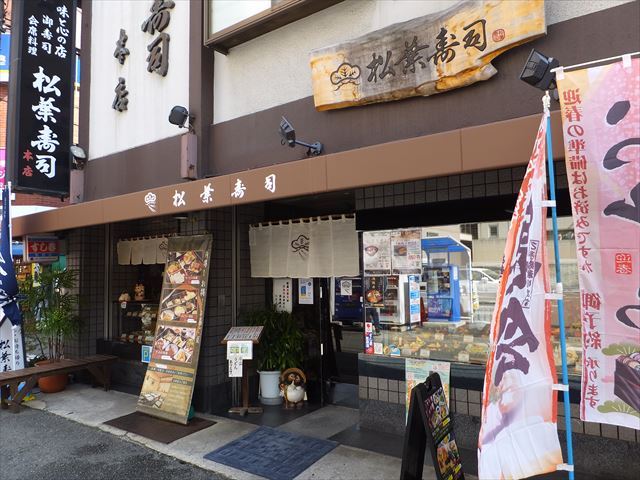
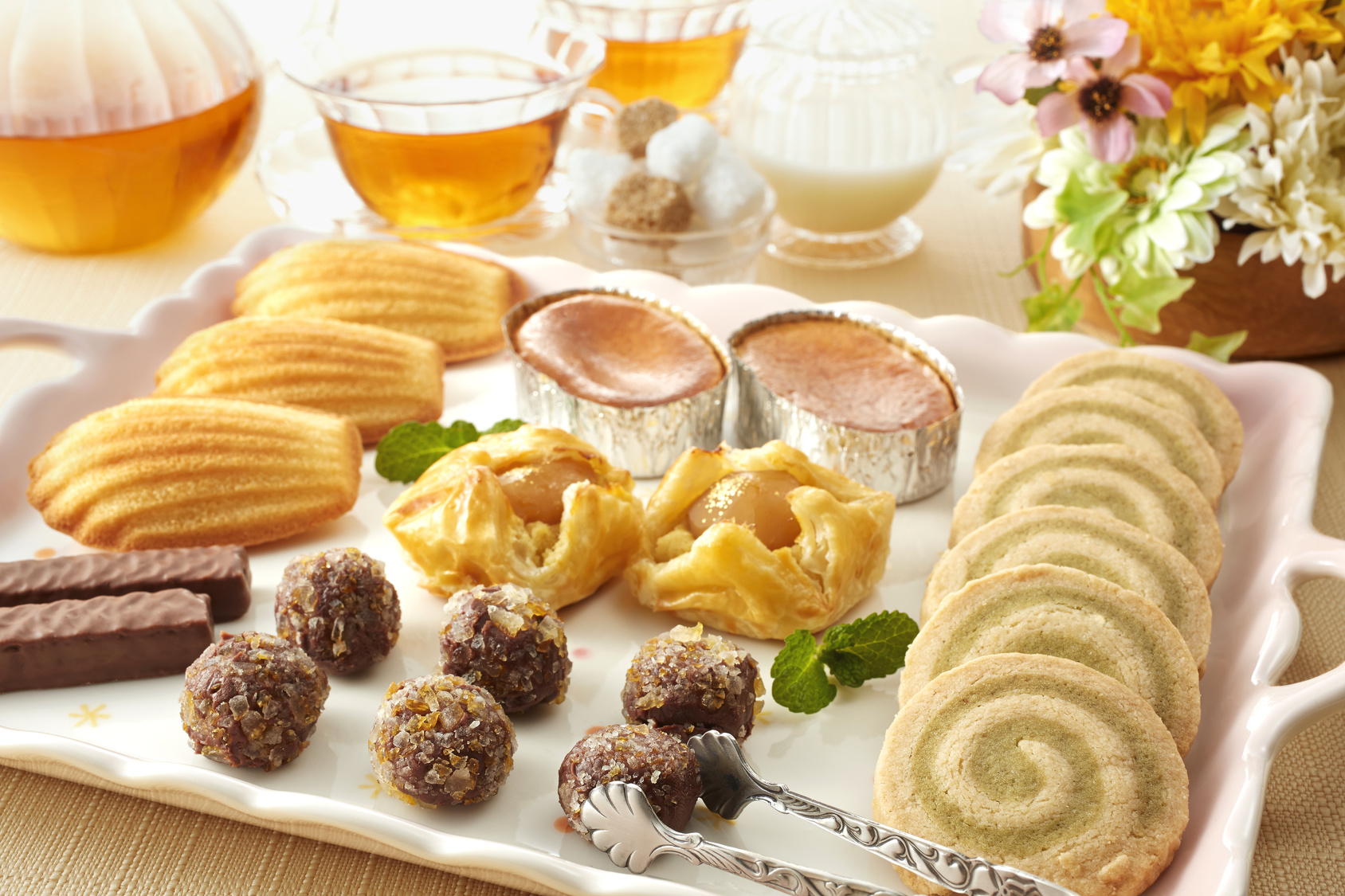

![[Storage period increased from 3 days to half a year! ] Restaurants are expanding their business using wholesale and mail order!](https://shunkashutou.com/wp-content/uploads/2018/04/66c19942ab4ba346fdb64ccc04cde373.png)
![[Reduce loss from 200 kg of oysters to zero] Improve loss and expand business with rapid freezer](https://shunkashutou.com/wp-content/uploads/2018/06/19785ca583a8d3c4041c7c192d041b0d.jpg)
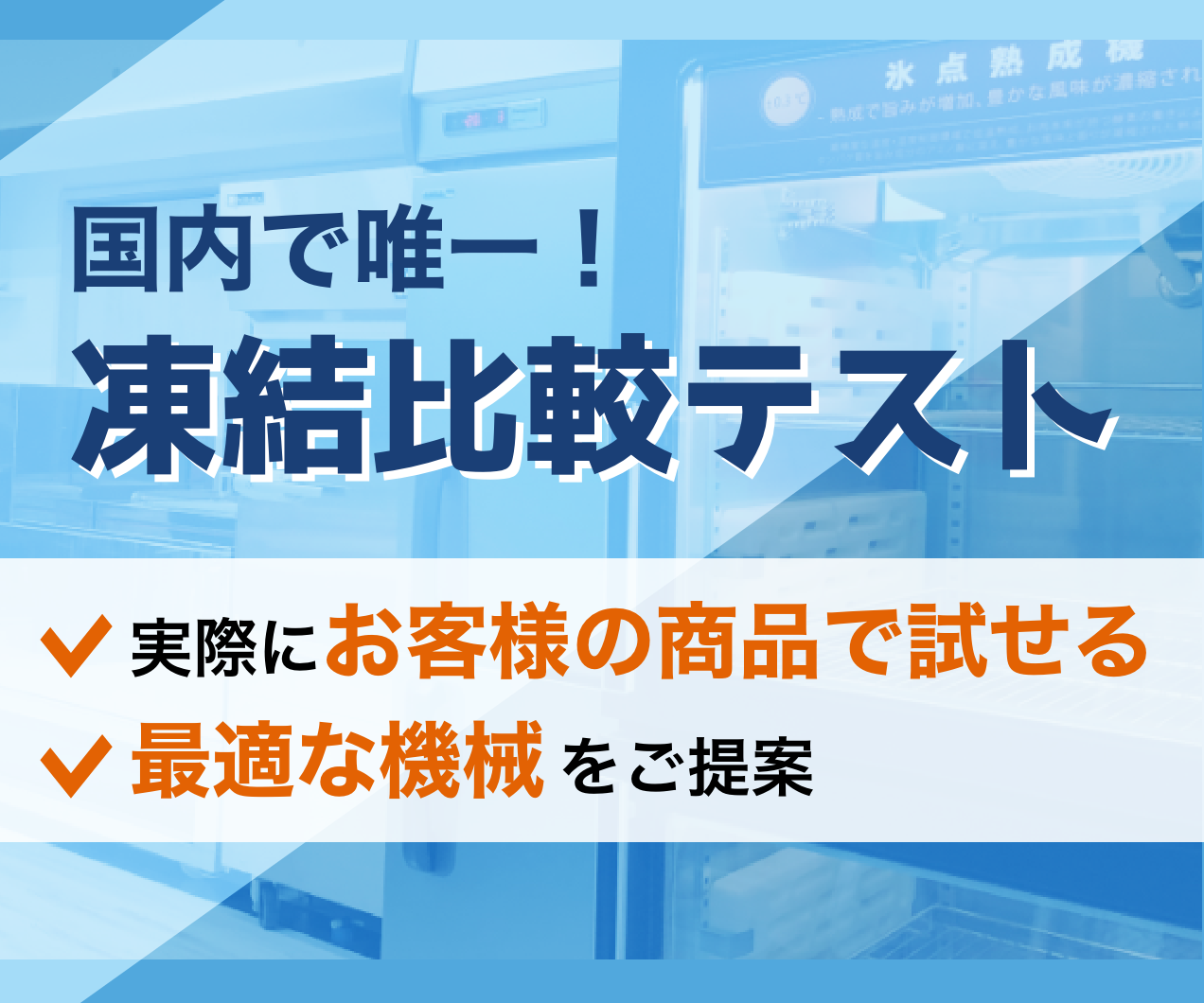


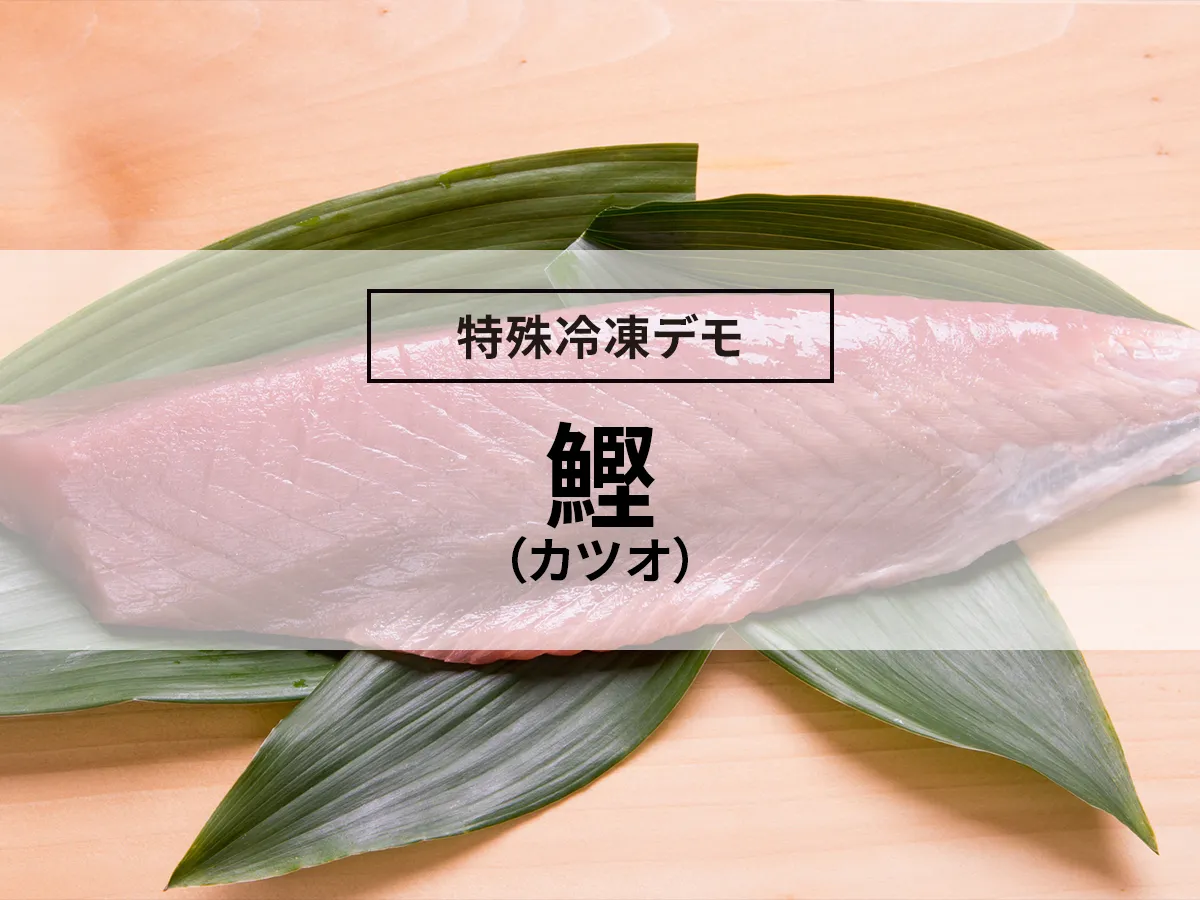
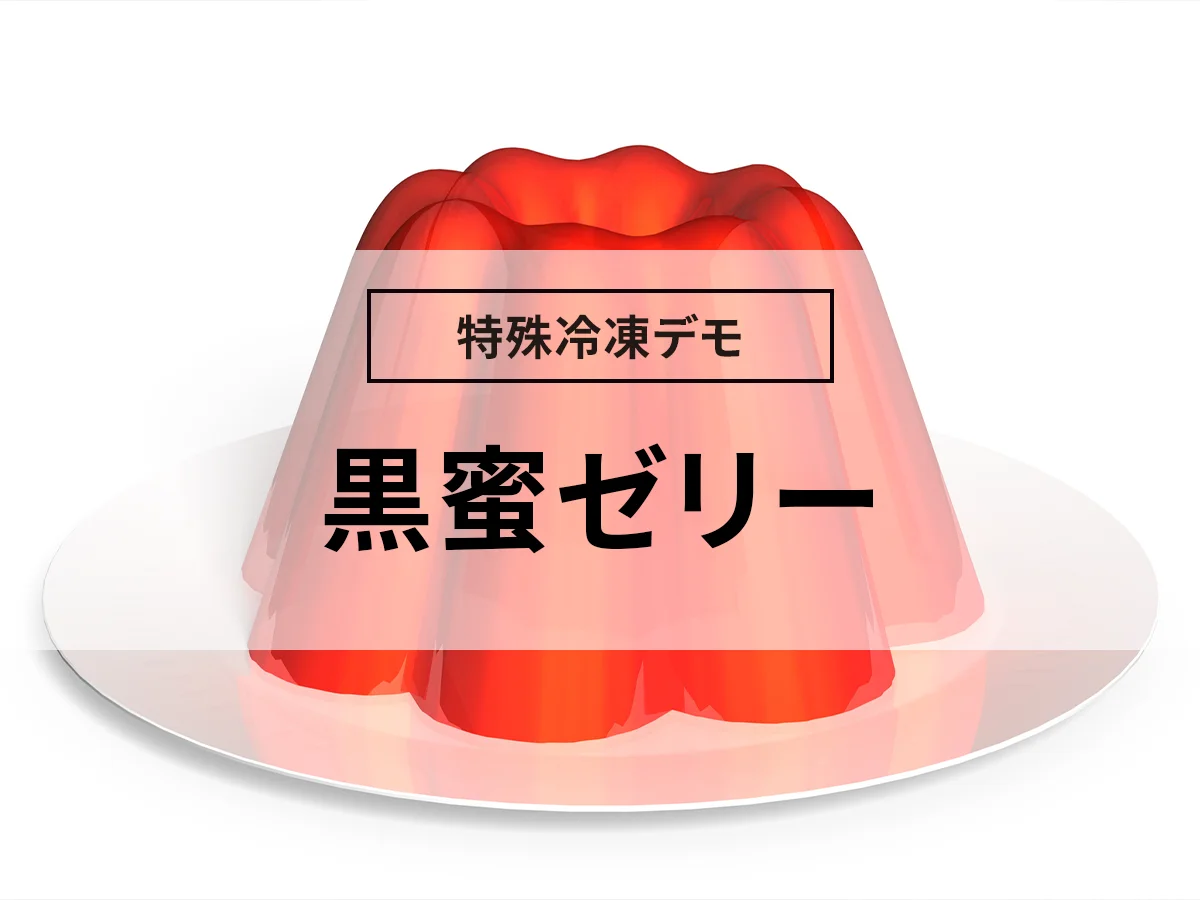
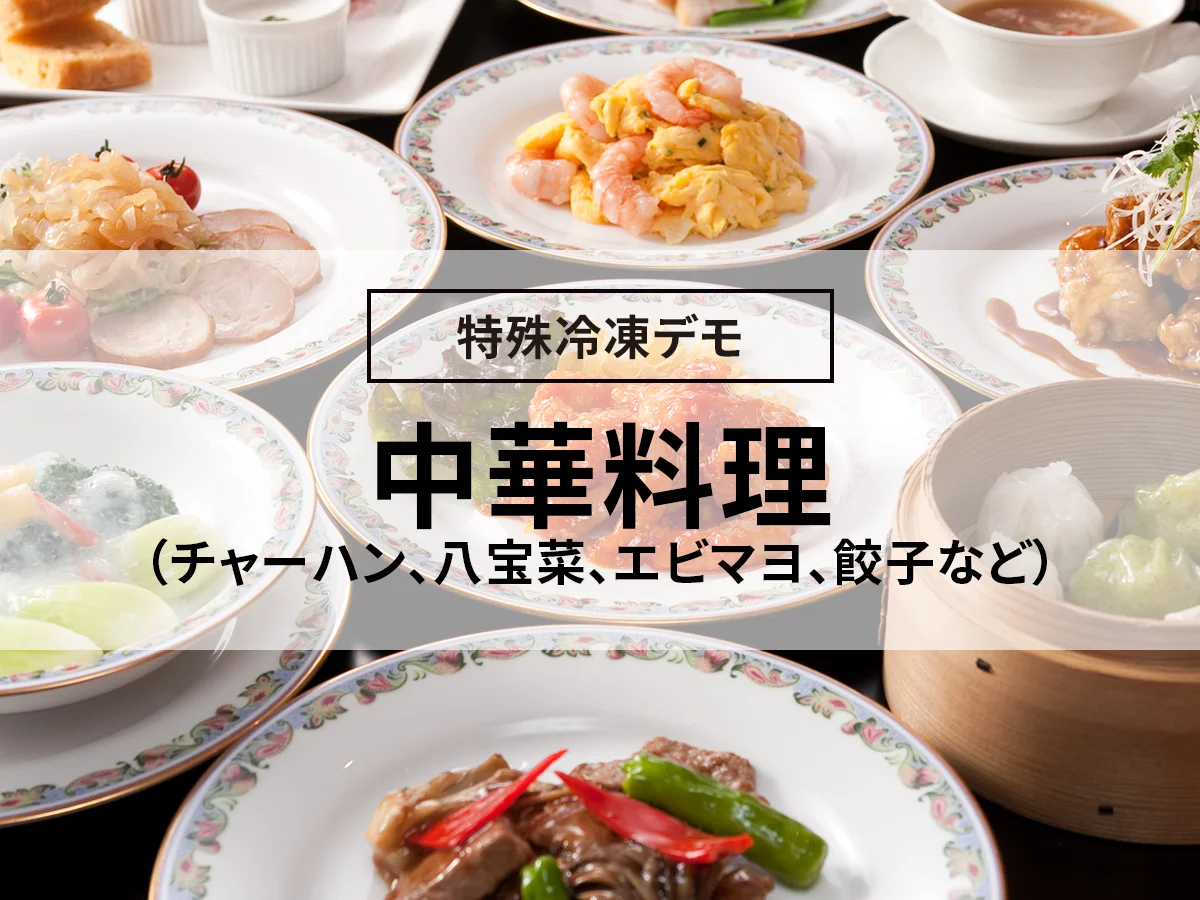
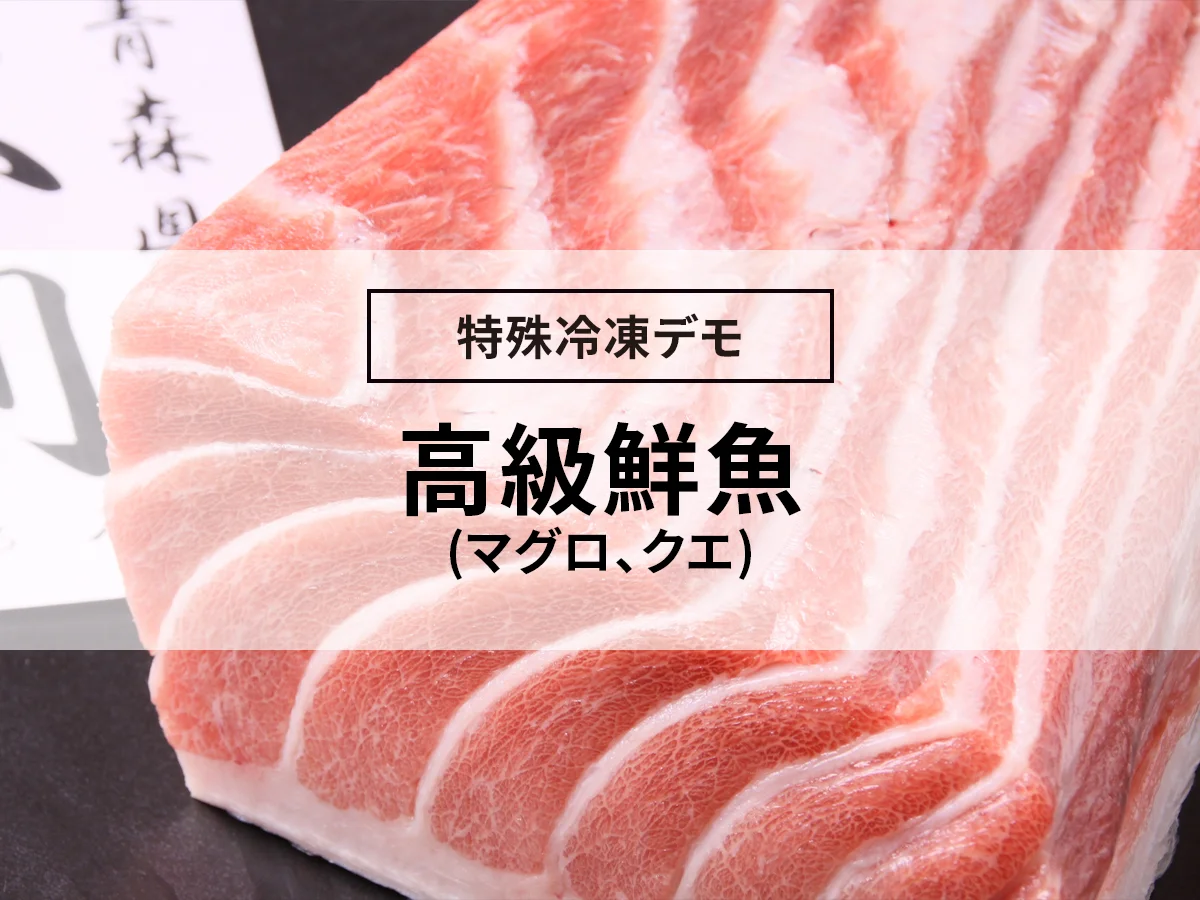
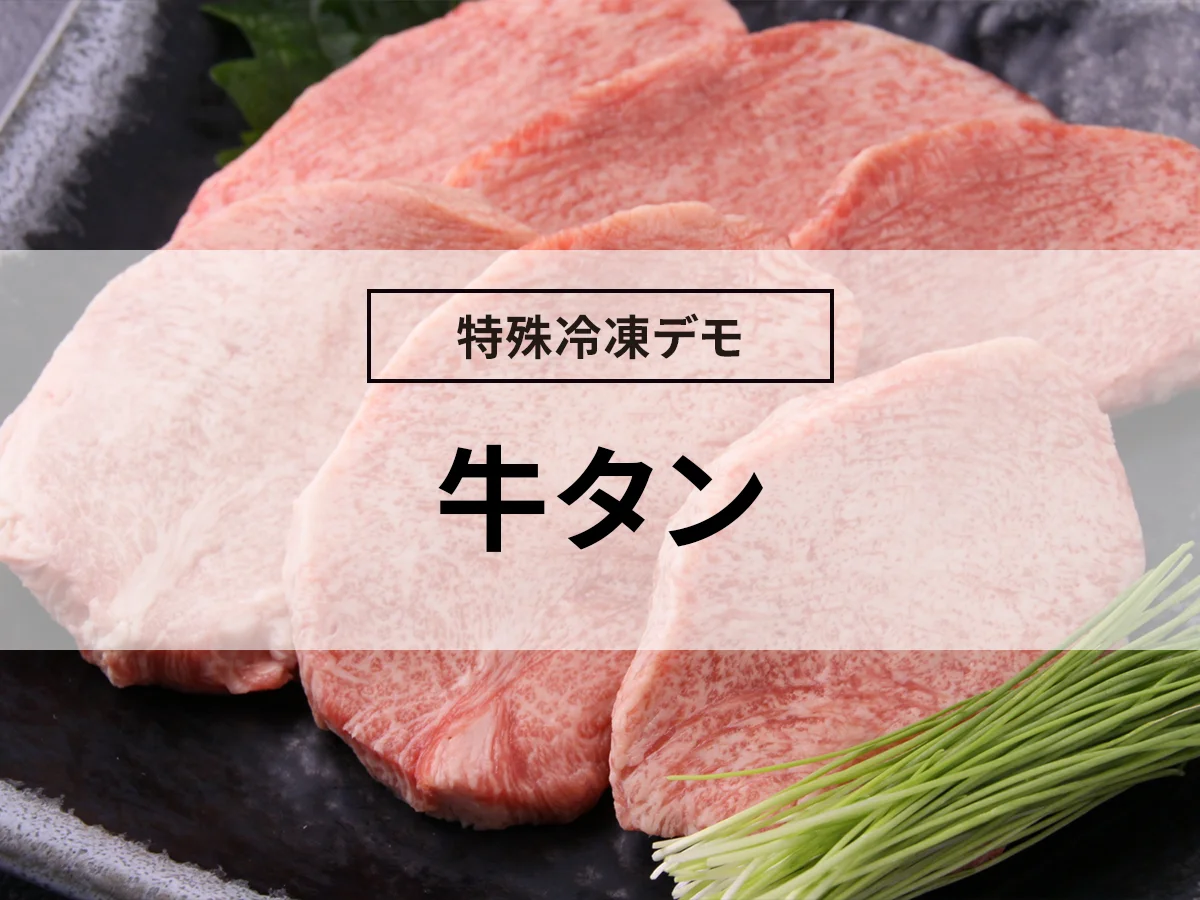
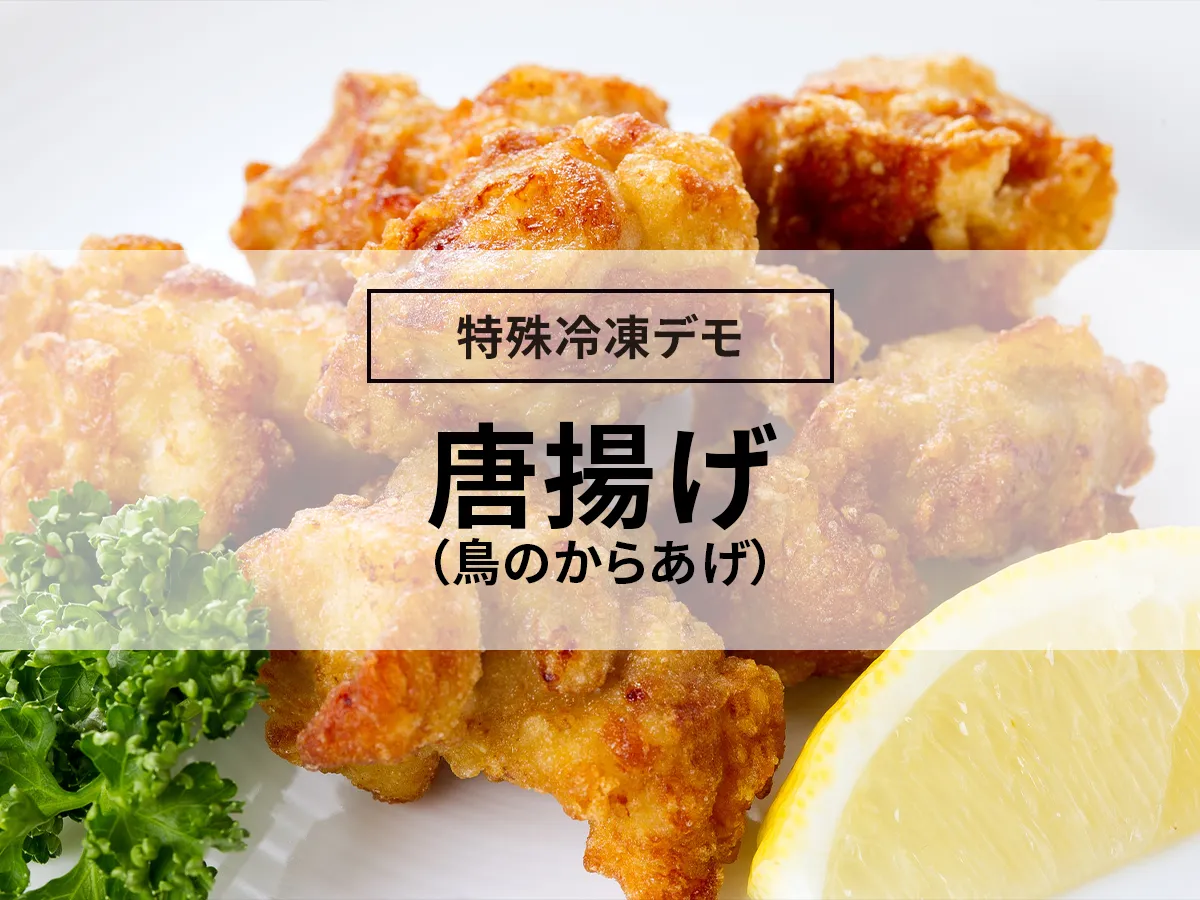
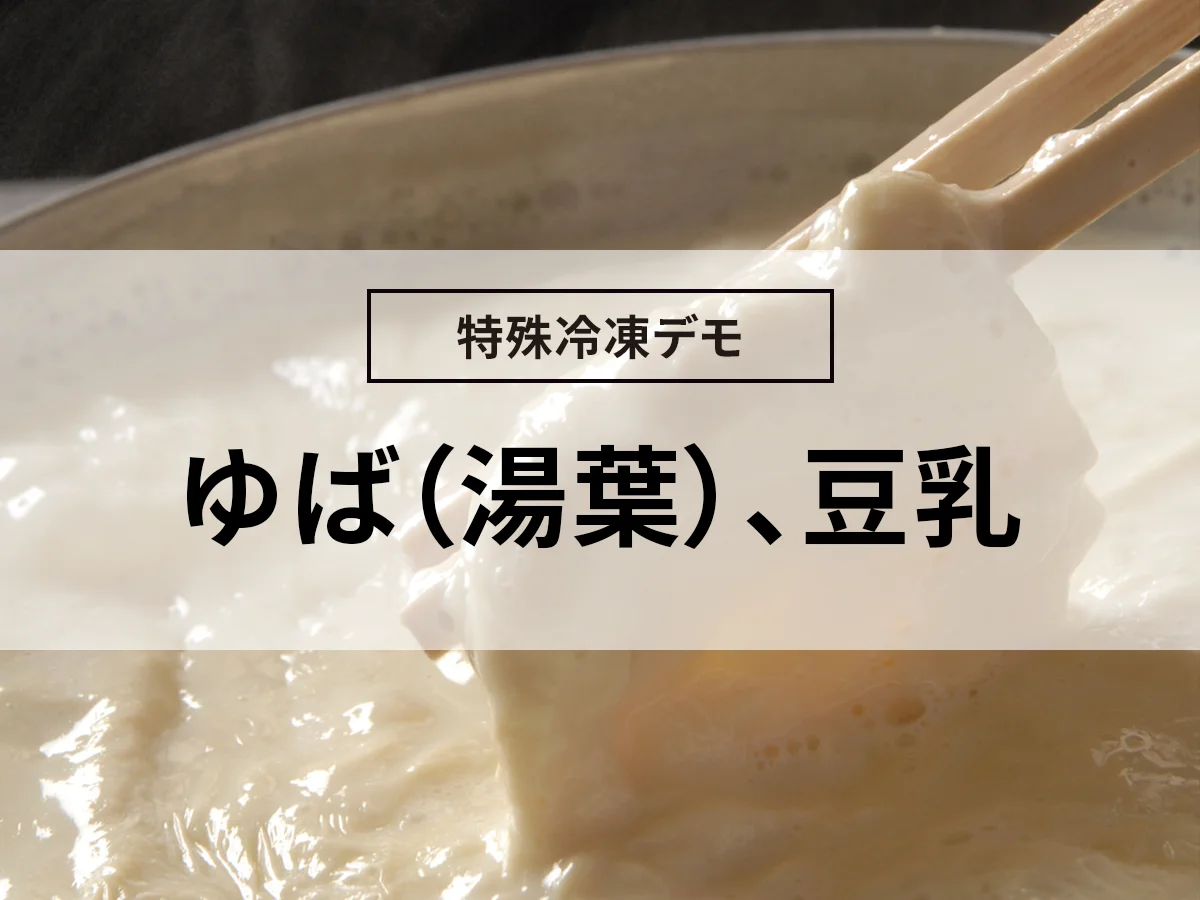
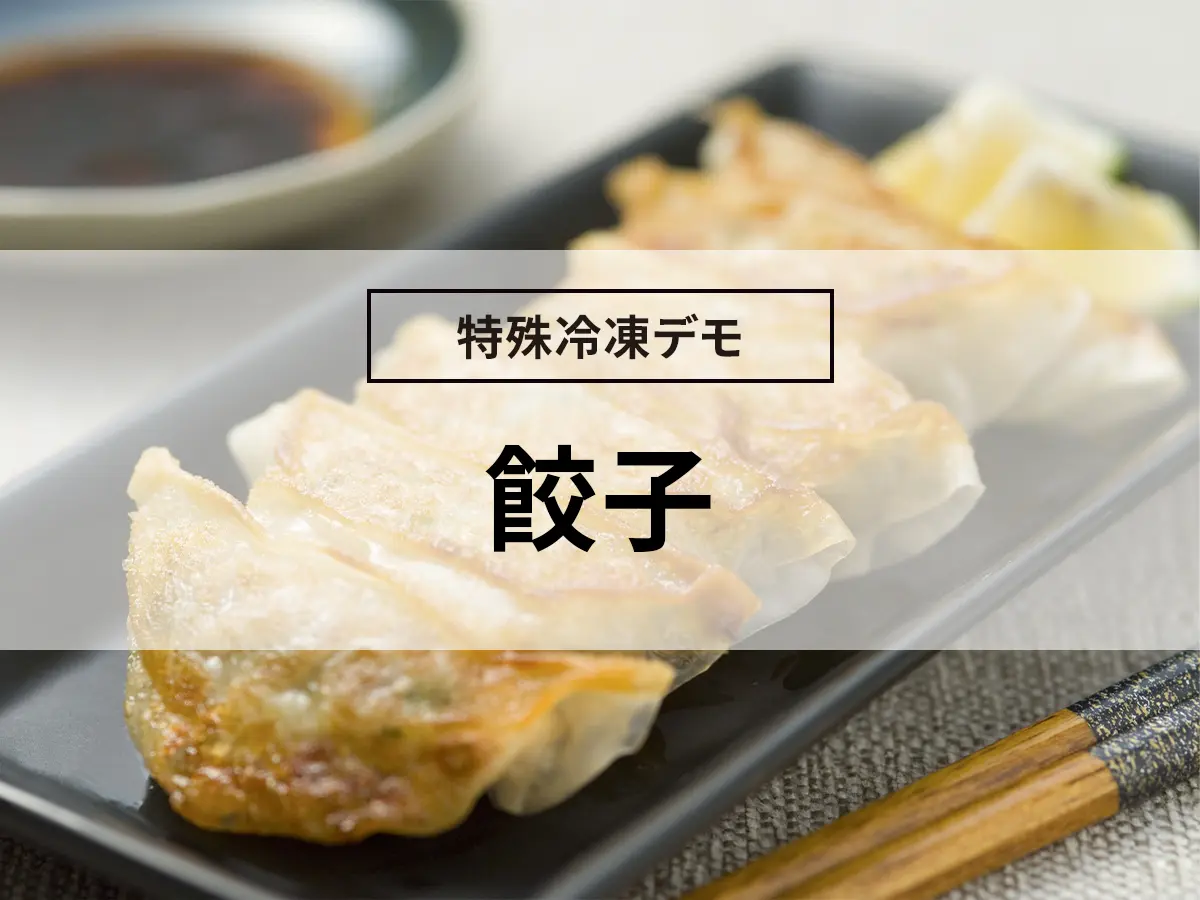
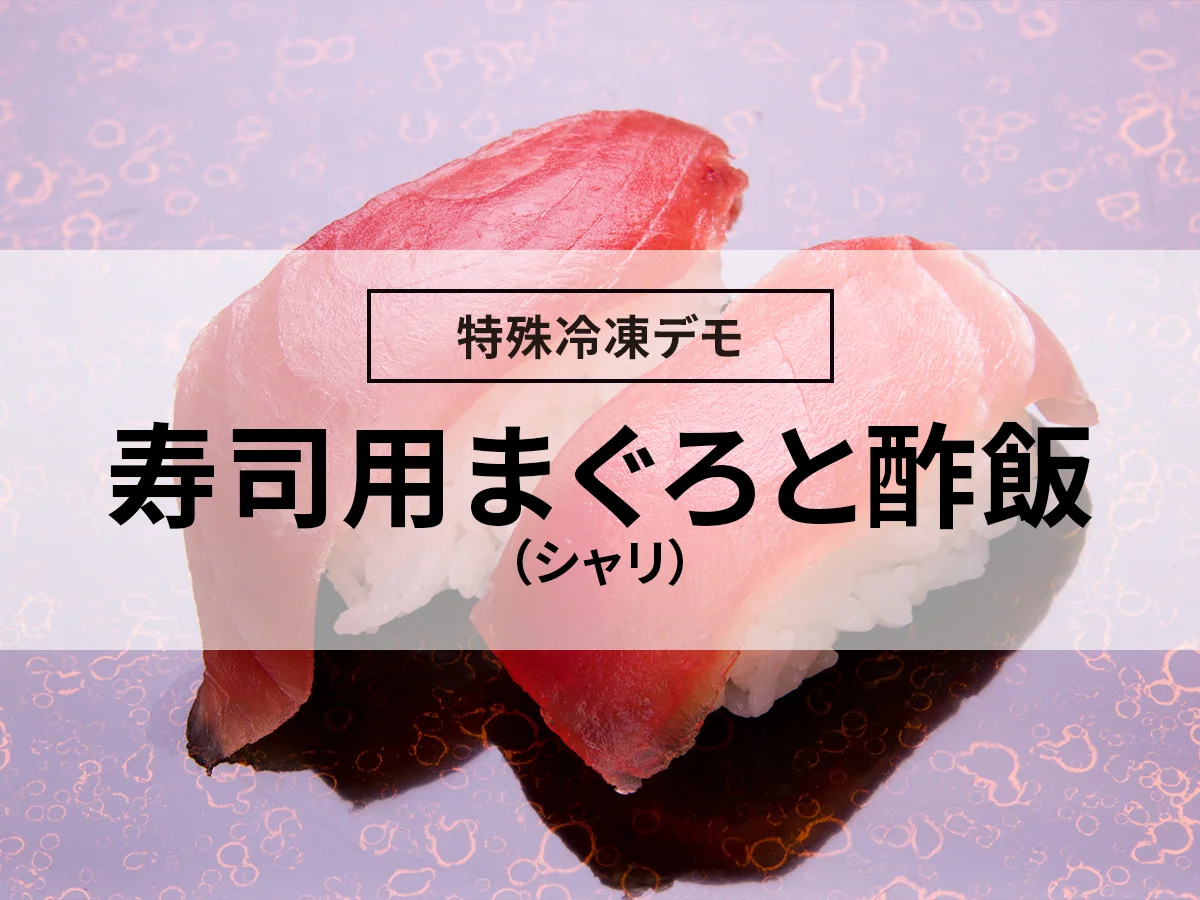


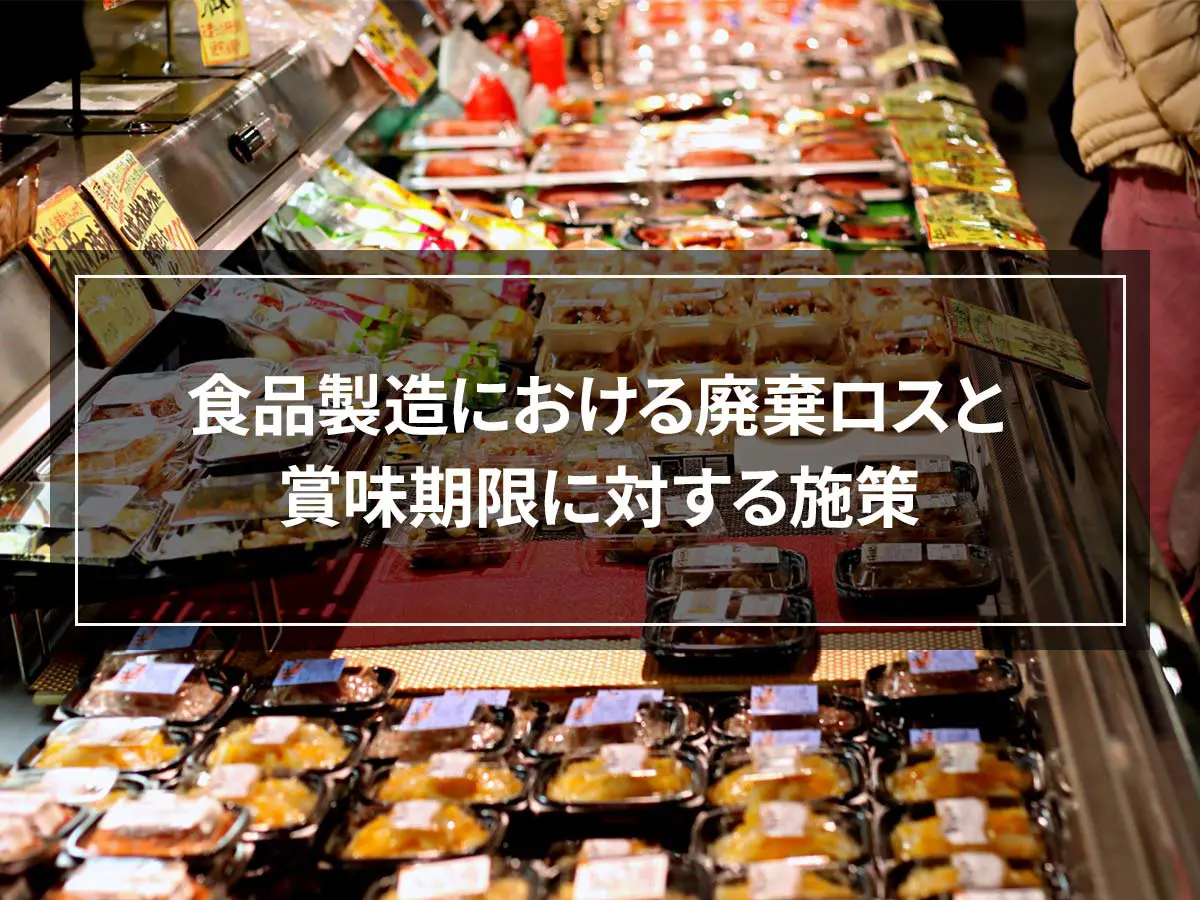
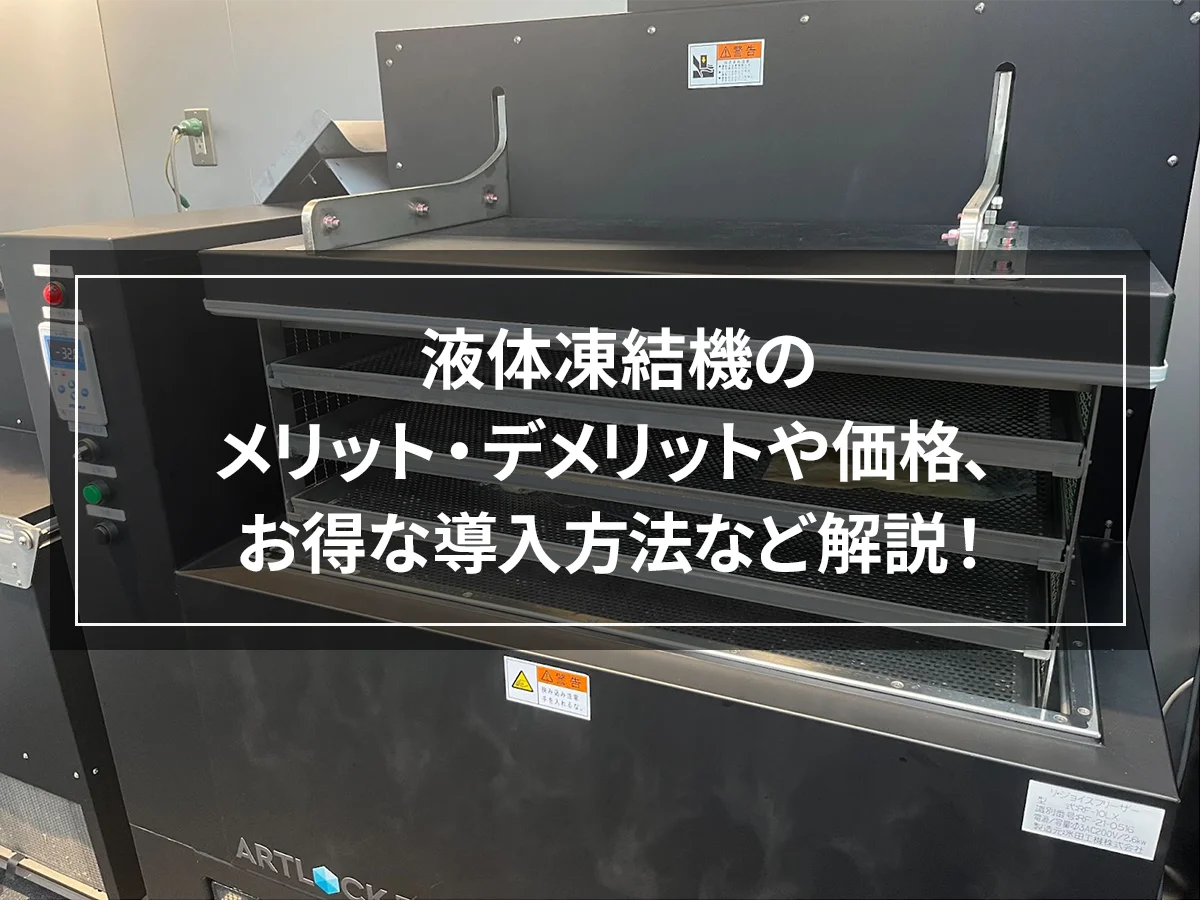
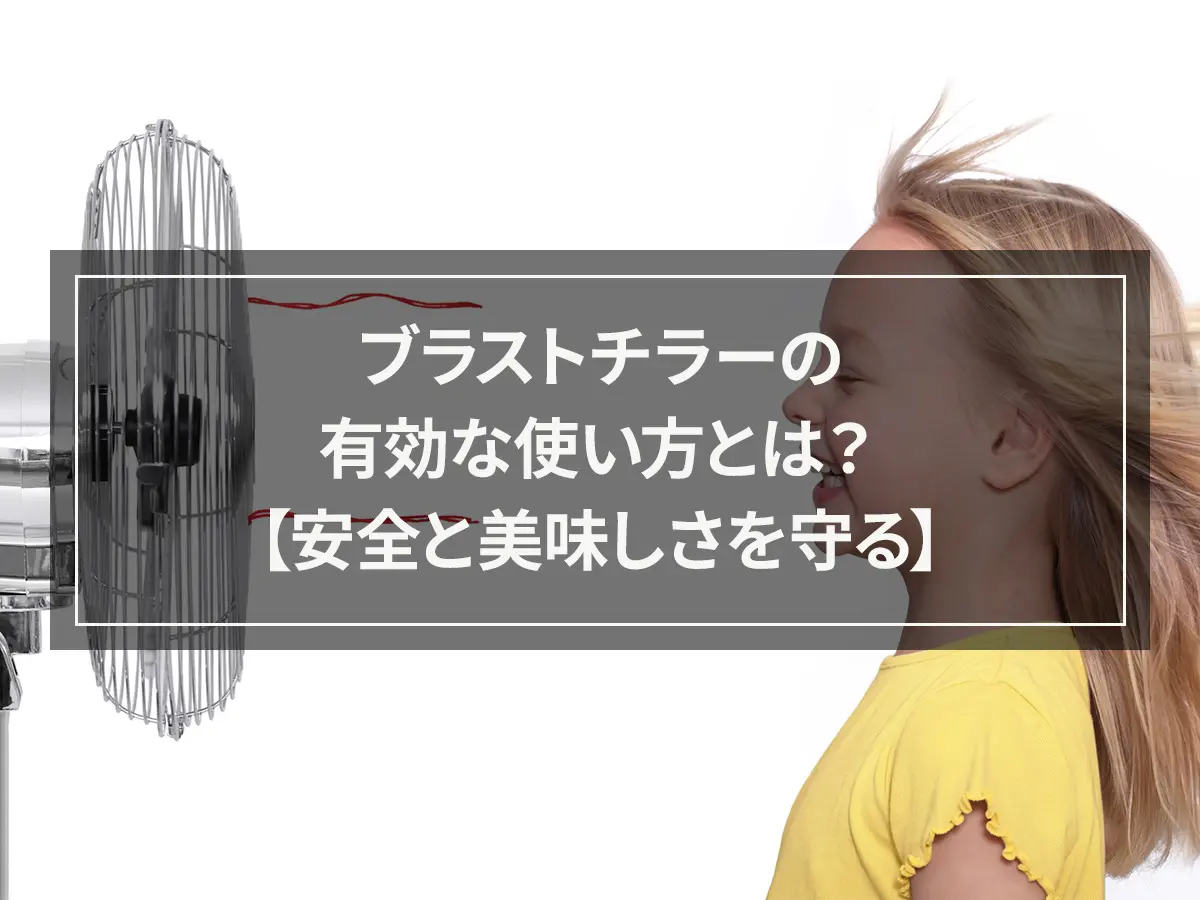
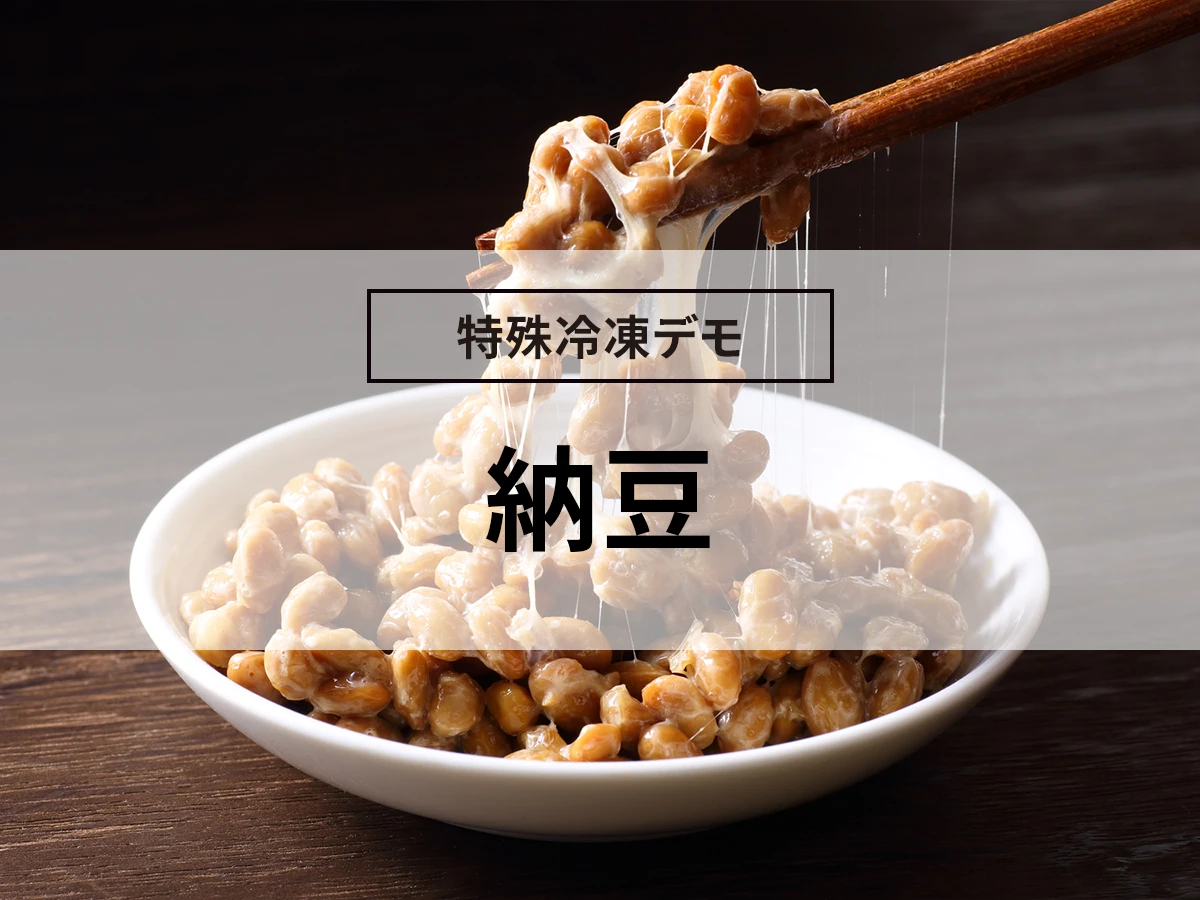
![[Explanation of functions and issues] What is partial freezing, which slightly freezes food?](https://shunkashutou.com/wp-content/uploads/2017/04/ccae917b4f7af5ace617f93280a58247.jpg)
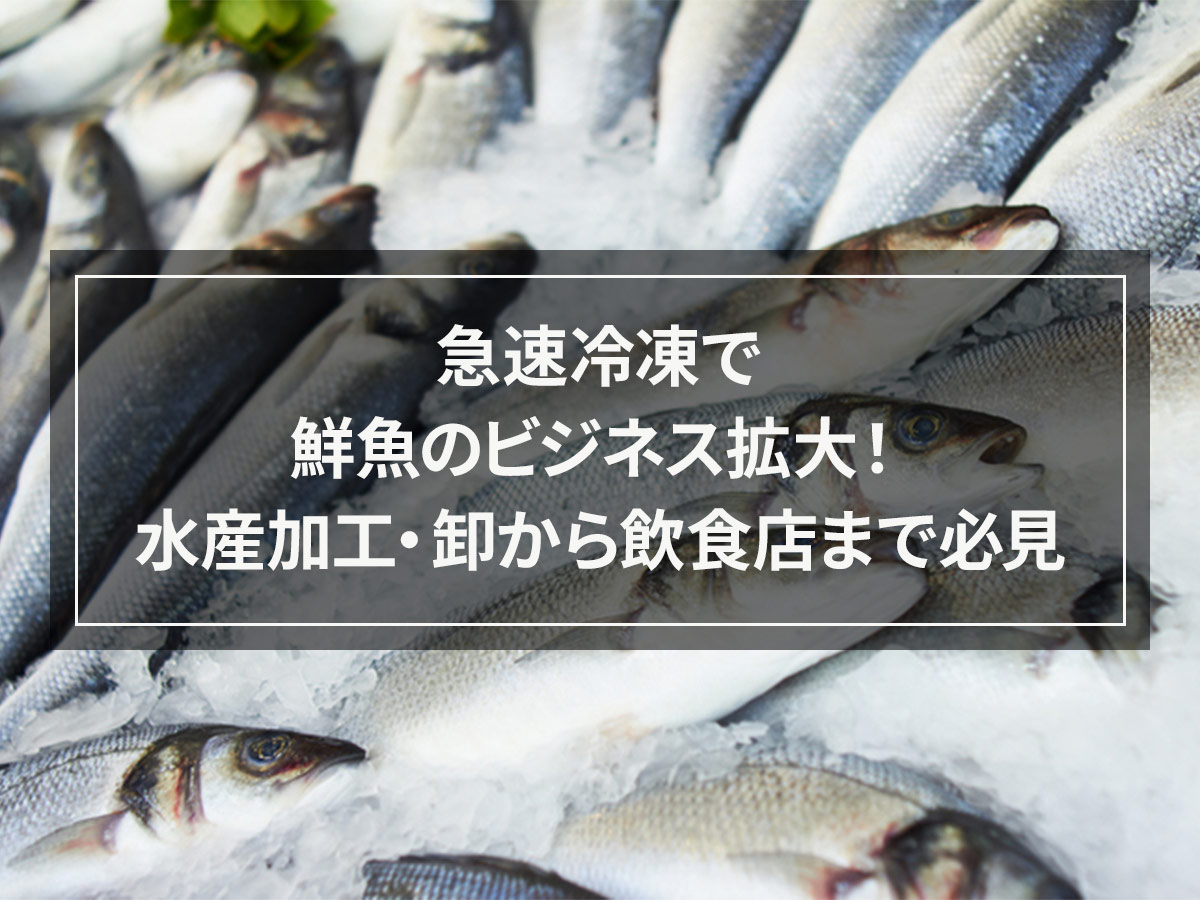
![[Improve customer satisfaction] What can be solved by introducing rapid freezer at a lunch box delivery company for the elderly?](https://shunkashutou.com/wp-content/uploads/2024/07/c8a5aa8730d5ae7441fd1aa6ee8757ef.webp)
![[Achieving instant freezing at home] The evolving freezing function of home refrigerators](https://shunkashutou.com/wp-content/uploads/2015/10/93e403bcf18bda6b2d63c7c74fdef064.jpg)
![[For food manufacturers] What is the meaning of IQF freezing and what is rapid freezer required for it?](https://shunkashutou.com/wp-content/uploads/2017/03/40008d9f1a752dd006399fe1c4beda34.jpg)

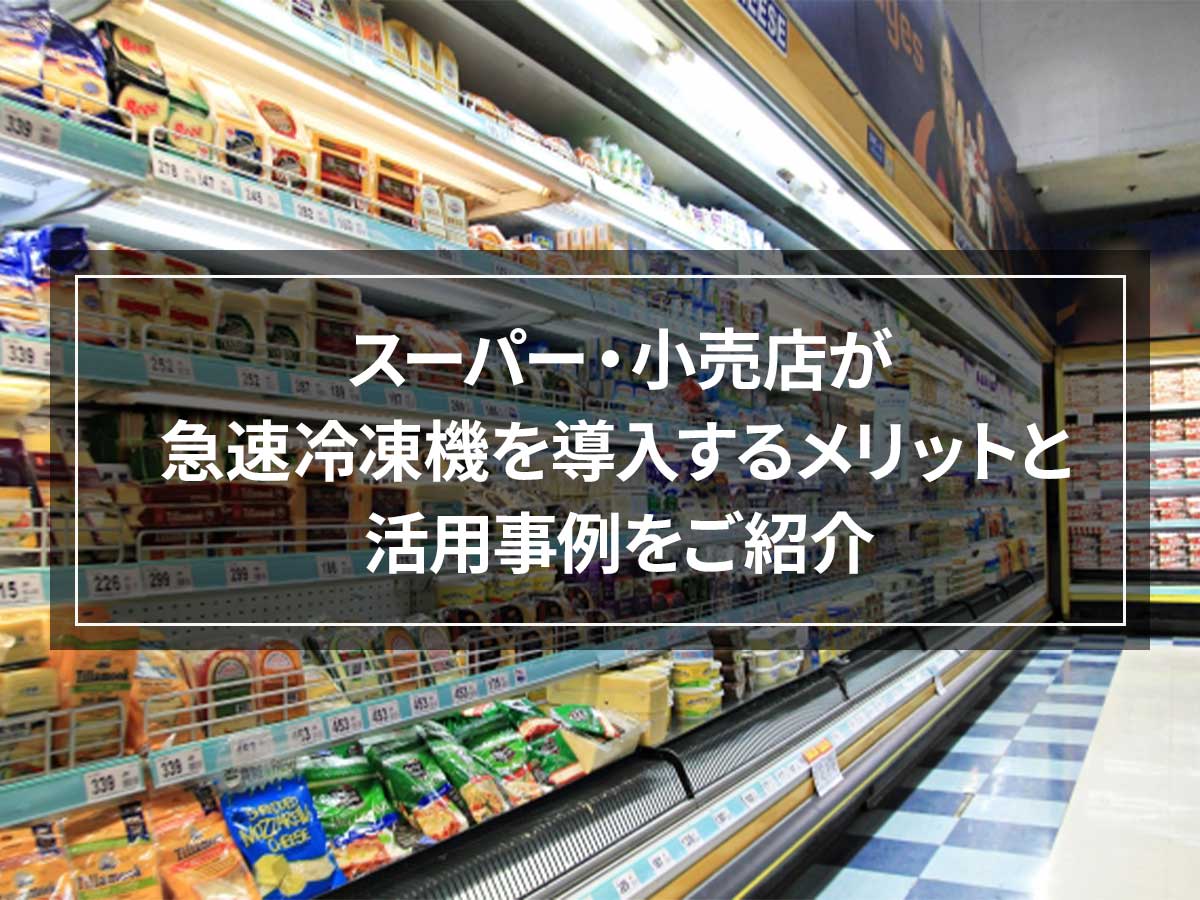
![[Achieving low cost and high quality] The problems of pubs can be solved with a quick freezer!](https://shunkashutou.com/wp-content/uploads/2024/09/11d55612344a4cbad2ad506ae700c81b.webp)

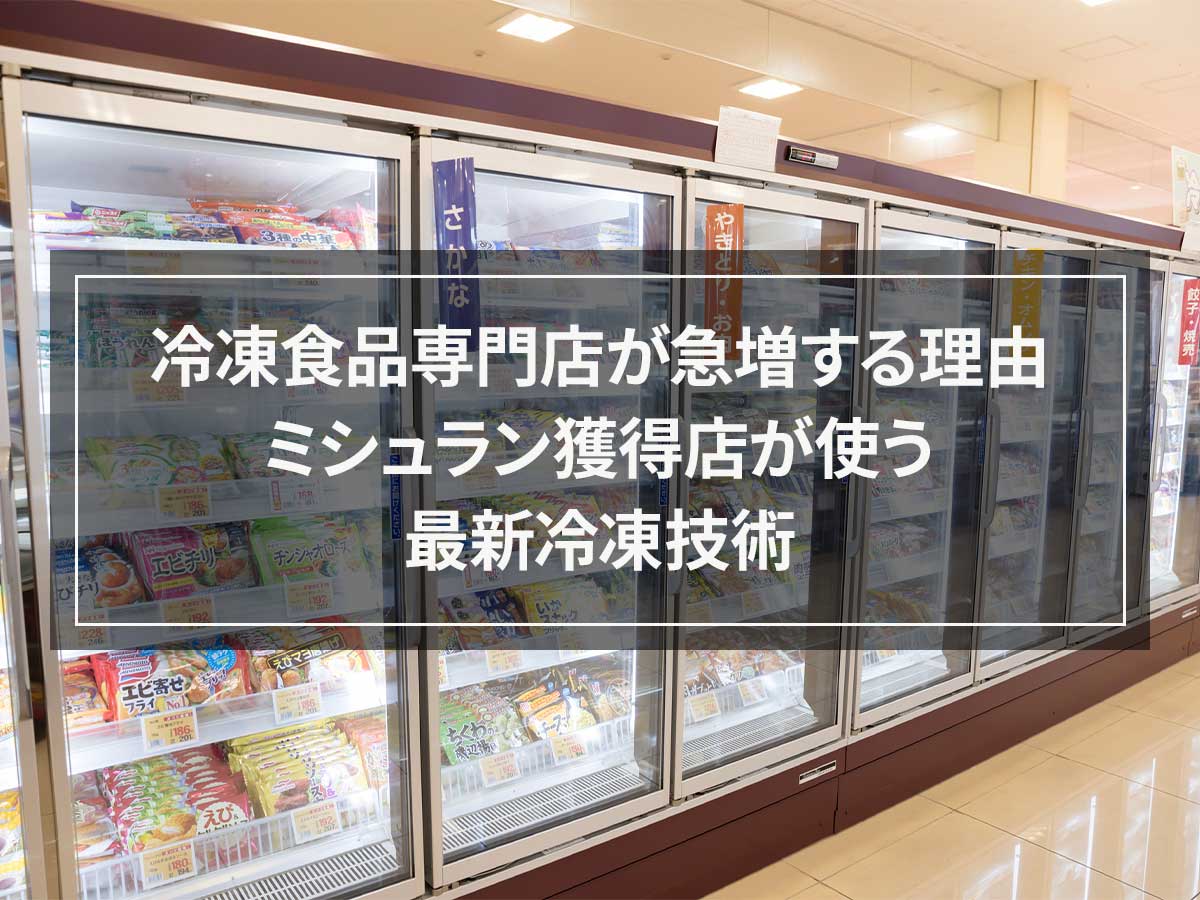
![[Manufacturing subsidies are recommended for rapid freezer! ] Explaining the ABCs of application](https://shunkashutou.com/wp-content/uploads/2020/12/4024568_s.jpg)


